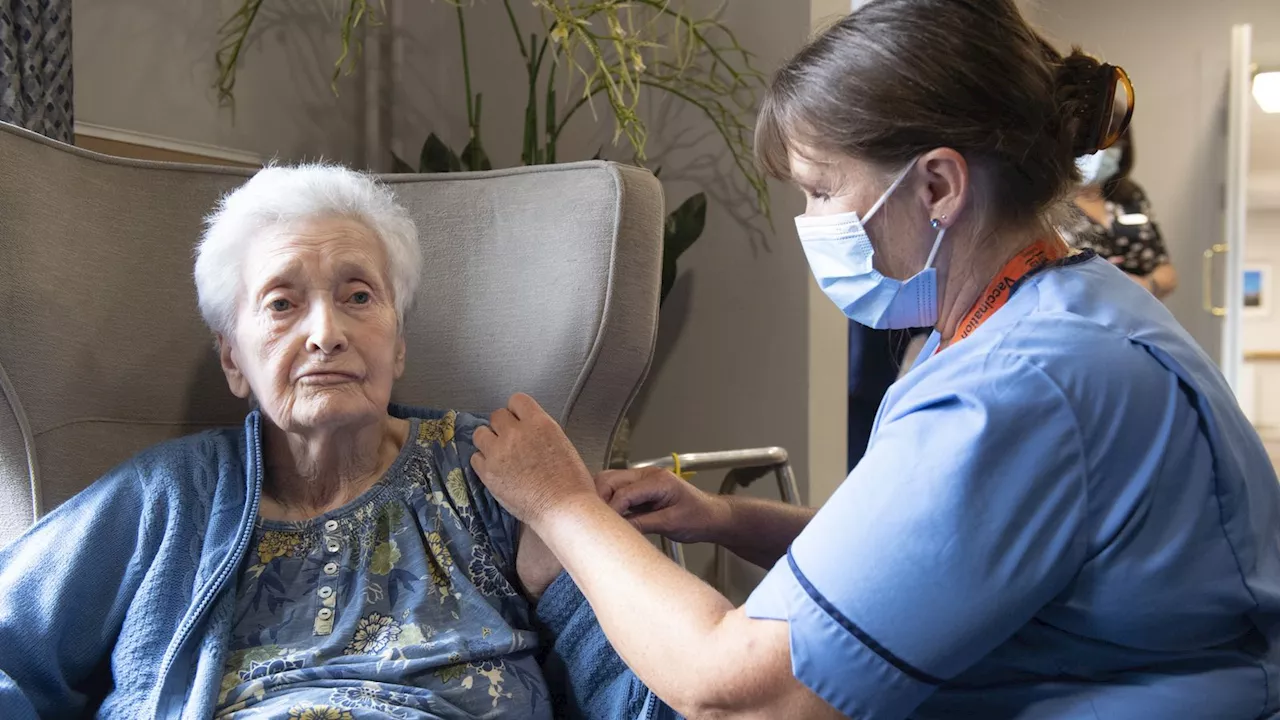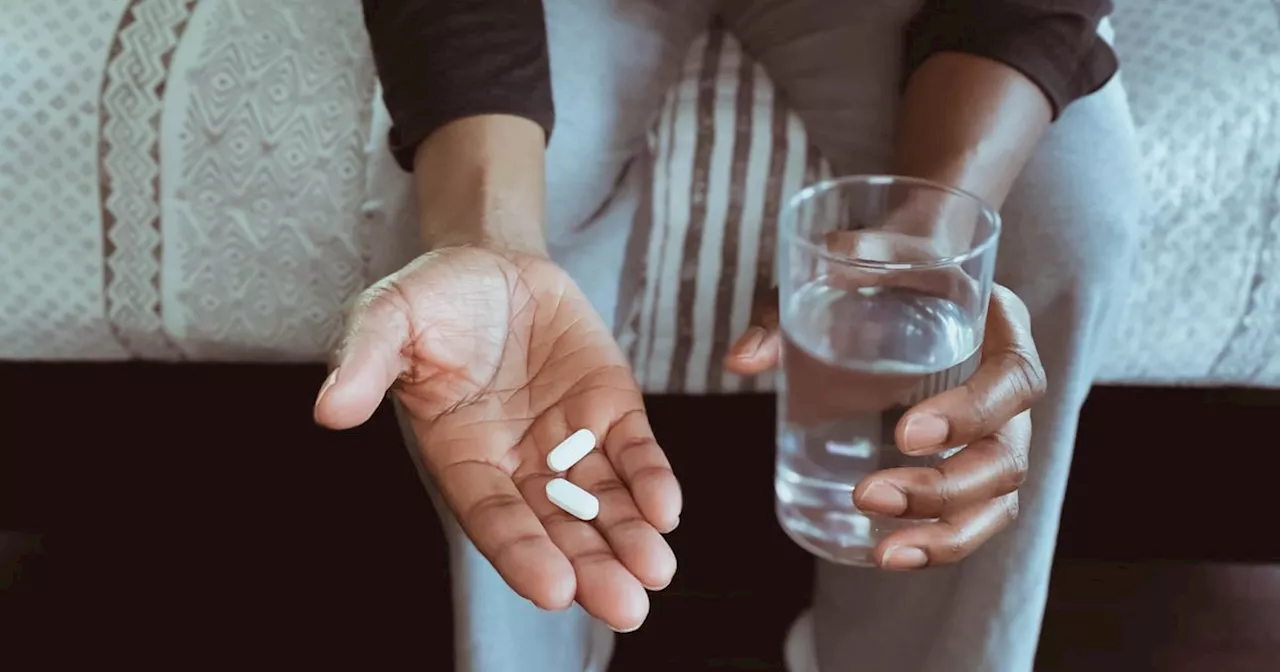A new study using AI and DNA methylation analysis proposes a groundbreaking theory about the origins of COVID-19, suggesting it emerged from the fusion of two rare infectious diseases, glanders and Sennetsu fever, with common human diseases. This finding challenges the widely held belief that COVID-19 originated in animals and highlights the potential for human-to-human transmission of the virus.
Despite years of extensive research, the origins of COVID-19 remain a mystery. A groundbreaking new study published in KeAi's journal Advances in Biomarker Science s and Technology (ABST) utilizes an AI-driven approach to shed light on this elusive question. The study, led by Zhengjun Zhang from the Department of Statistics at the University of Wisconsin, examines DNA methylation patterns at 865,859 CpG sites within blood samples collected from early COVID-19 patients.
Zhang's team employed max-logistic intelligence, a powerful AI algorithm known for its interpretability and robustness, to analyze these vast amounts of genetic data. The results reveal compelling evidence of a genetic link suggesting that COVID-19 likely emerged from the natural fusion of two rare infectious diseases: glanders and Sennetsu fever. Furthermore, the study indicates that these diseases share commonalities with certain human diseases, pointing towards a potential origin within the human population rather than bats or pangolins, as previously theorized.Establishing connections across such a massive number of CpG sites is a formidable task. Random correlations occurring at a probability of less than one in ten million, according to Zhang. Yet, when considering the rarity of these diseases, the odds of discovering a meaningful link drop to a mere one in one hundred million, significantly bolstering the validity of these findings. This research challenges existing paradigms surrounding COVID-19's origins and underscores the importance of exploring alternative hypotheses
COVID-19 Origins AI DNA Methylation Infectious Diseases
United Kingdom Latest News, United Kingdom Headlines
Similar News:You can also read news stories similar to this one that we have collected from other news sources.
 CIA Now Believes COVID-19 Pandemic Originated From Chinese Lab LeakThe CIA has concluded with low confidence that a research-related origin, likely a lab leak, at the Wuhan Institute of Virology is more probable than a natural origin for the COVID-19 pandemic. This assessment, based on a review of existing information, marks a shift from the agency's previous stance on the matter.
CIA Now Believes COVID-19 Pandemic Originated From Chinese Lab LeakThe CIA has concluded with low confidence that a research-related origin, likely a lab leak, at the Wuhan Institute of Virology is more probable than a natural origin for the COVID-19 pandemic. This assessment, based on a review of existing information, marks a shift from the agency's previous stance on the matter.
Read more »
 COVID inquiry latest: Online vaccine misinformation on agenda as COVID inquiry restartsThe latest round of the inquiry will focus on vaccines and anti-viral treatment across the UK. Inquiry chair Baroness Hallett is also set to make recommendations around the use of social media and its role in spreading false information.
COVID inquiry latest: Online vaccine misinformation on agenda as COVID inquiry restartsThe latest round of the inquiry will focus on vaccines and anti-viral treatment across the UK. Inquiry chair Baroness Hallett is also set to make recommendations around the use of social media and its role in spreading false information.
Read more »
 Common Painkillers May Reduce Dementia Risk, Study SuggestsA new study has found a possible link between the use of common anti-inflammatory drugs and a lower risk of developing dementia. Researchers analyzed health data from over 130 million individuals and discovered that those who frequently used antibiotics, antiviral medications, and vaccines appeared to have a reduced likelihood of developing dementia. While the study does not definitively prove a causal relationship, it opens up promising avenues for further research into repurposing existing drugs to combat this debilitating brain disease.
Common Painkillers May Reduce Dementia Risk, Study SuggestsA new study has found a possible link between the use of common anti-inflammatory drugs and a lower risk of developing dementia. Researchers analyzed health data from over 130 million individuals and discovered that those who frequently used antibiotics, antiviral medications, and vaccines appeared to have a reduced likelihood of developing dementia. While the study does not definitively prove a causal relationship, it opens up promising avenues for further research into repurposing existing drugs to combat this debilitating brain disease.
Read more »
 Fizzy Water May Help with Weight Loss, Study SuggestsA new study suggests that drinking fizzy water may indirectly promote weight loss by enhancing the uptake and use of blood glucose. Researchers found that the carbon dioxide in fizzy water is absorbed through the stomach lining and converted to bicarbonate, which speeds up glucose absorption. However, it's not a quick fix solution, and a balanced diet and regular exercise remain crucial for sustainable weight management.
Fizzy Water May Help with Weight Loss, Study SuggestsA new study suggests that drinking fizzy water may indirectly promote weight loss by enhancing the uptake and use of blood glucose. Researchers found that the carbon dioxide in fizzy water is absorbed through the stomach lining and converted to bicarbonate, which speeds up glucose absorption. However, it's not a quick fix solution, and a balanced diet and regular exercise remain crucial for sustainable weight management.
Read more »
 TikTok Herb Bacopa May Boost Memory and Concentration, Study SuggestsA new study suggests that bacopa, a readily available and inexpensive herb popular on TikTok as a natural remedy for ADHD and anxiety, may have significant cognitive benefits. Indian researchers found that taking bacopa daily for three months improved memory, concentration, and other cognitive functions in participants compared to a placebo group. However, experts caution about potential risks and interactions with certain medications.
TikTok Herb Bacopa May Boost Memory and Concentration, Study SuggestsA new study suggests that bacopa, a readily available and inexpensive herb popular on TikTok as a natural remedy for ADHD and anxiety, may have significant cognitive benefits. Indian researchers found that taking bacopa daily for three months improved memory, concentration, and other cognitive functions in participants compared to a placebo group. However, experts caution about potential risks and interactions with certain medications.
Read more »
 Things really do seem better in the morning, study suggestsResearch using the University College London (UCL) COVID-19 Social Study found people also generally feel happier in the morning than they do at night..
Things really do seem better in the morning, study suggestsResearch using the University College London (UCL) COVID-19 Social Study found people also generally feel happier in the morning than they do at night..
Read more »
